
the erasure of brown women from the body hair movement is nothing new, but this time we’ve had enough
writer and activist Henna Amin explores the erasure of brown women from the body hair movement, the aestheticisation and appropriation of BIPOC features by the beauty industry and the intersects of race and gender in regards to beauty standards. the piece is accompanied by a series of graphics by Sahar Ghorishi.

i really do have love to give – a photo essay exploring racialised ace identity, by audrey chan
“i thought there was something deeply wrong with me.” in this photo essay on asexuality, audrey chan dives into the performativity of compulsory sexuality, the possibility of love and attraction beyond sexual relations, and the unspoken discomforts that exist in between. the photo essay is accompanied by an interview between audrey and deputy editor-in-chief michelle moira mei ling firth.

to my fifteen-year-old self - a letter by Ellie Jeans for eating disorder awareness week
in this letter to her fifteen-year-old self, twenty-one-year-old Ellie Jeans reflects on her gradual recovery from bulimia: on the micro-victories and the failures in-between; to let her know that recovery, though a long and tumultuous process, is worth the wait. the article is accompanied by an illustration by Alex Skyrme.

review of resistance and hope, edited by alice wong
reviewing Resistance and Hope, an essay collection about disability justice in the wake of Trump’s election to the US presidency, Mia Nicole Davies examines how resistance and hope have helped the disabled community fight, survive, and thrive over the past four years, and how vital it is that they continue to do so.

naked attraction: can a show centred on objectification be empowering?
Juliette Grossman explores the portrayal of nudity on Channel 4’s controversial, yet oddly mesmerizing, Naked Attraction which claims to "start where a good date often ends - naked.”

gender and islam
Mia Nicole Davies reflects on trying to find a sense of self and place within their community; navigating and defining what it means to them to be non-binary and Muslim. the piece is accompanied by an illustration from Robbie Masters.

‘you’re just obsessed with sex.’ yes, I am actually. and here’s why
Connie Byrne-Shore tackles the taboo around female sex and sexuality, detailing why she’s obsessed with sex - and why it’s okay for you to be too. her essay is accompanied by a photograph from Laura Alonso.

disability and visibility: a discussion about underlying health conditions
disability is a term that is all too often associated with visible conditions. After all, the universal symbol of disability on a parking sign is a wheelchair. Drawing from her personal experience of living with an invisible disability, Isobel Warner discusses the unconscious biases that contribute to the prevalence of ableism in our society. the piece is accompanied by an illustration from Mildred Cheng

engage and preserve - a simple guide to absorbing information online while maintaining wellbeing
social media, at its best, is a tool for education, community and support. however, it can also be a damaging and overwhelming source of information, particularly during tumultuous times for world events. Laura White, a confidence and wholeness coach, runs us through simple ways that we can learn to manage our mental wellbeing online, ensuring that we are engaging with the world while prioritising our health and happiness.
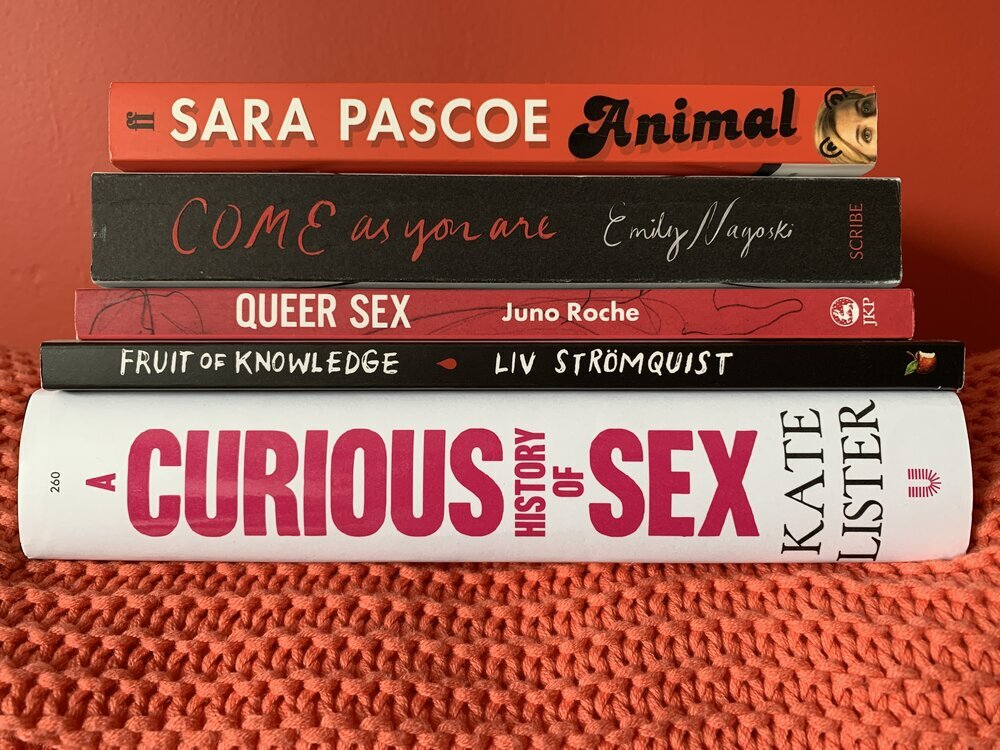
5 incredible non-fiction books about female sexuality
although we have now seen nearly five waves of feminism, female sexuality is still a taboo subject. thankfully, there are plenty of women out there working towards breaking this trend, and Connie Byrne-Shore from Flicking The Page gives us a run down of five books that discuss female sexuality with the frank openness that the topic deserves.

virginity: its double standard and why the concept is outdated
Samira Rauner explores the role virginity plays in a patriarchal society in order to control female sexuality, and why our concept of virginity and sex is outdated, especially for the LGBTQIA+ community.
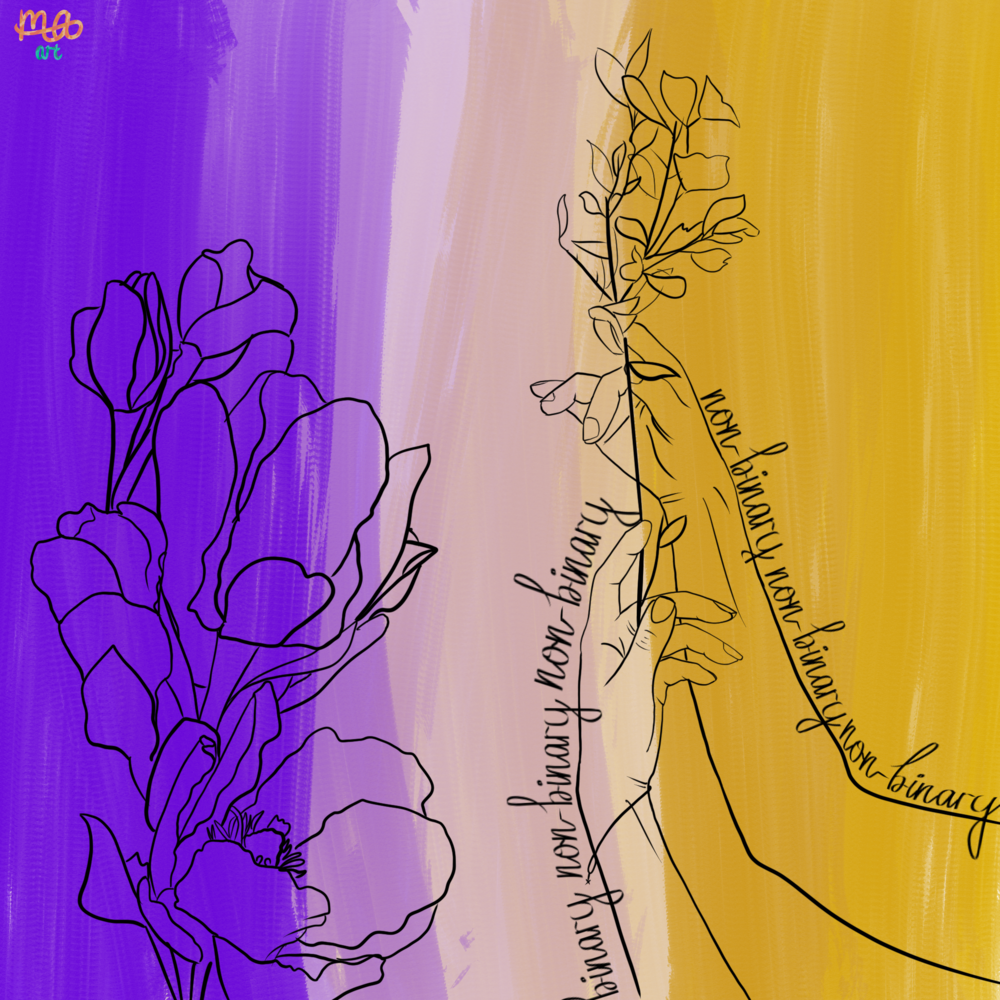
being non-binary
reflecting on this year’s Pride Month, Meg Allin discusses their journey to coming out as non-binary, the lived experience of trans people, and the many facets of the gender spectrum.

race and mental health: the psychological damage on people of colour when dealing with racial issues
Saam Hossaini talks the effects of racial discrimination on the mind of the individual and the tendency of mainstream media to oversimplify complex discussions.
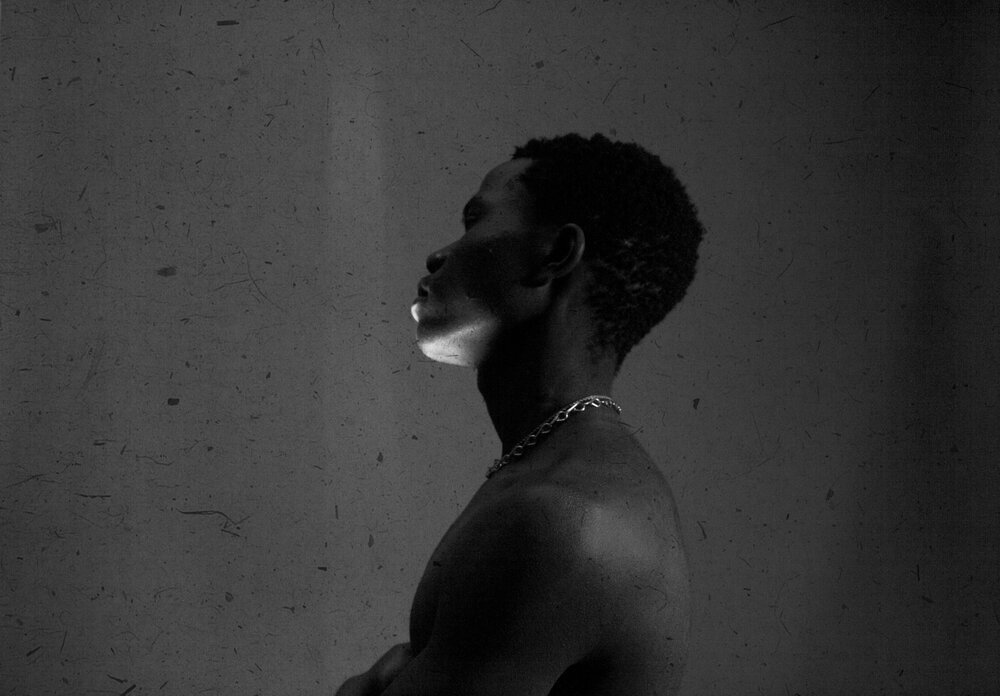
being black isn't black & white
Joanna Briggs challenges the notion of simplifying Blackness, examining the lack of complexity society often brands Black individuals and their communities with, and shares in beautiful nuance the complexities of her own half-Ghanaian, half-Bajan identity.

the mirena and my mega ginormous vagina
Have you ever got the coil? Wondering what other women felt like getting, but you’ve been too afraid to ask around? Anna Broughton is back with another hilarious and explorative story on her experience getting the Mirena coil and asks us to question practices around female contraception.

radicalising empathy as a tool for social change: a gendered perspective
In a thorough investigation of how gender roles shape perspectives on power and emotion, Nina Pusic discusses gendered notions of empathy and how male-normative power sentiment is damaging to both men and women. The piece is accompanied by original artwork from Kat Cassidy.
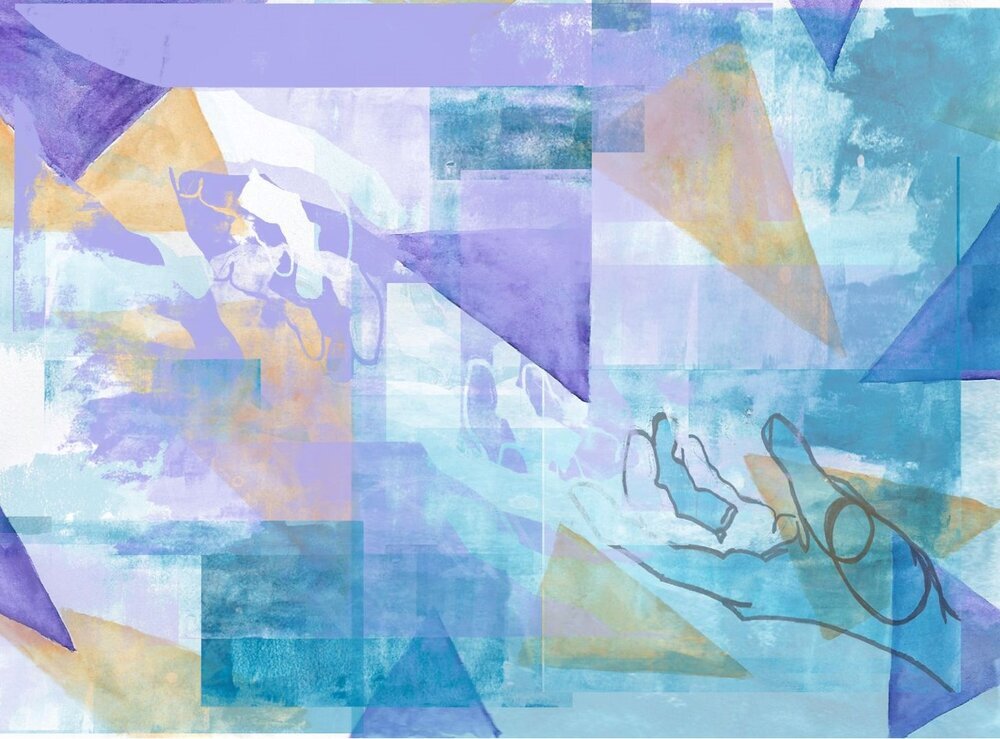
How to Fall Down and then Get Back Up Again
An anonymous writer shares a beautiful reflection on the journey through emotional hardship, on falling down, and how to become your own support system in times of trouble. The piece is accompanied by the writer’s original artwork.


my coming out story: part two
Taylor Jay’s second part to ‘My Coming Out Story’ discusses names when transitioning and the difficulties associated with it, giving advice to those struggling with being in a similar situation.
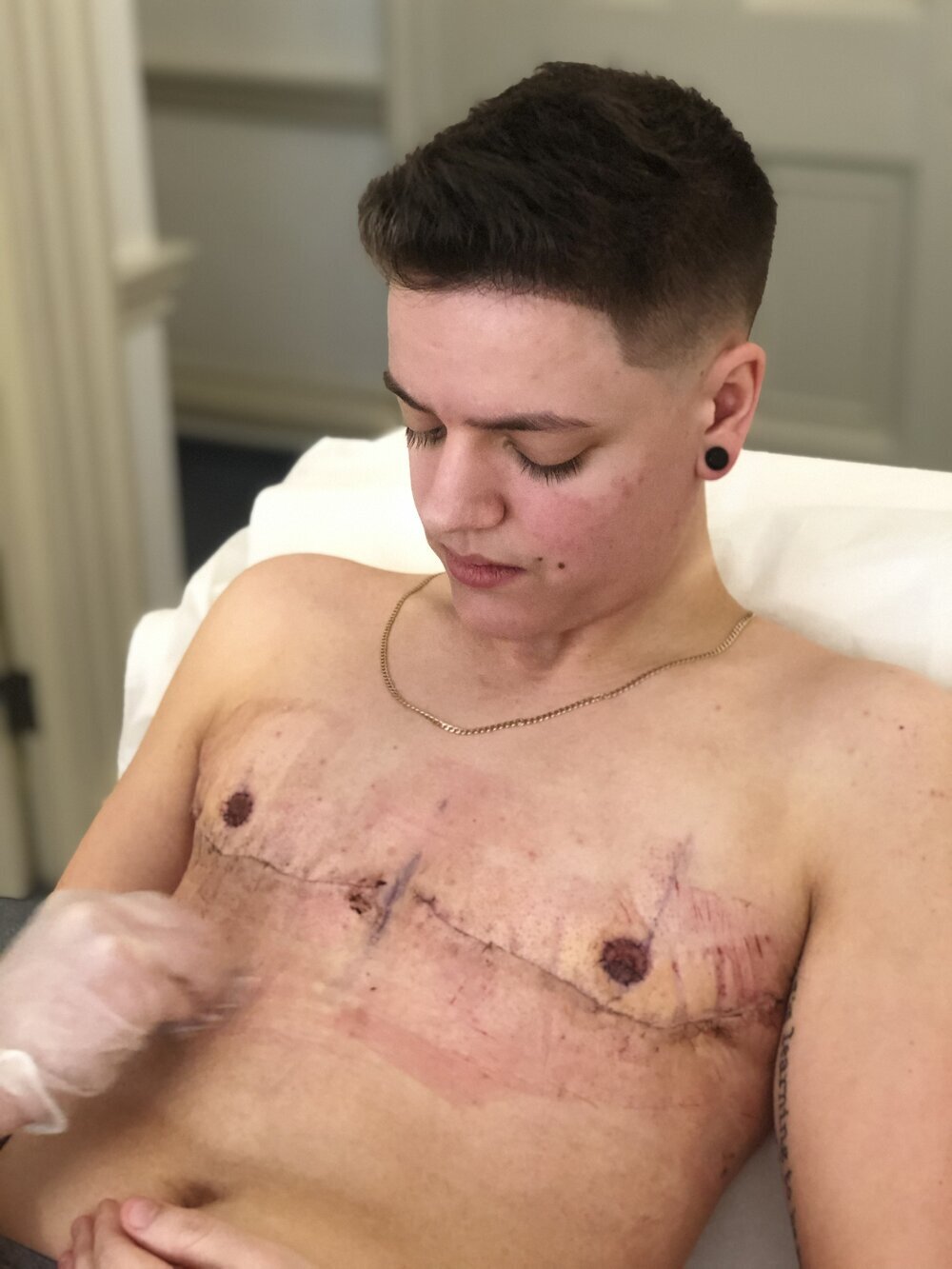
my coming out story: part one
Taylor Jay’s second part to ‘My Coming Out Story’ discusses names when transitioning and the difficulties associated with it, giving advice to those struggling with being in a similar situation.
